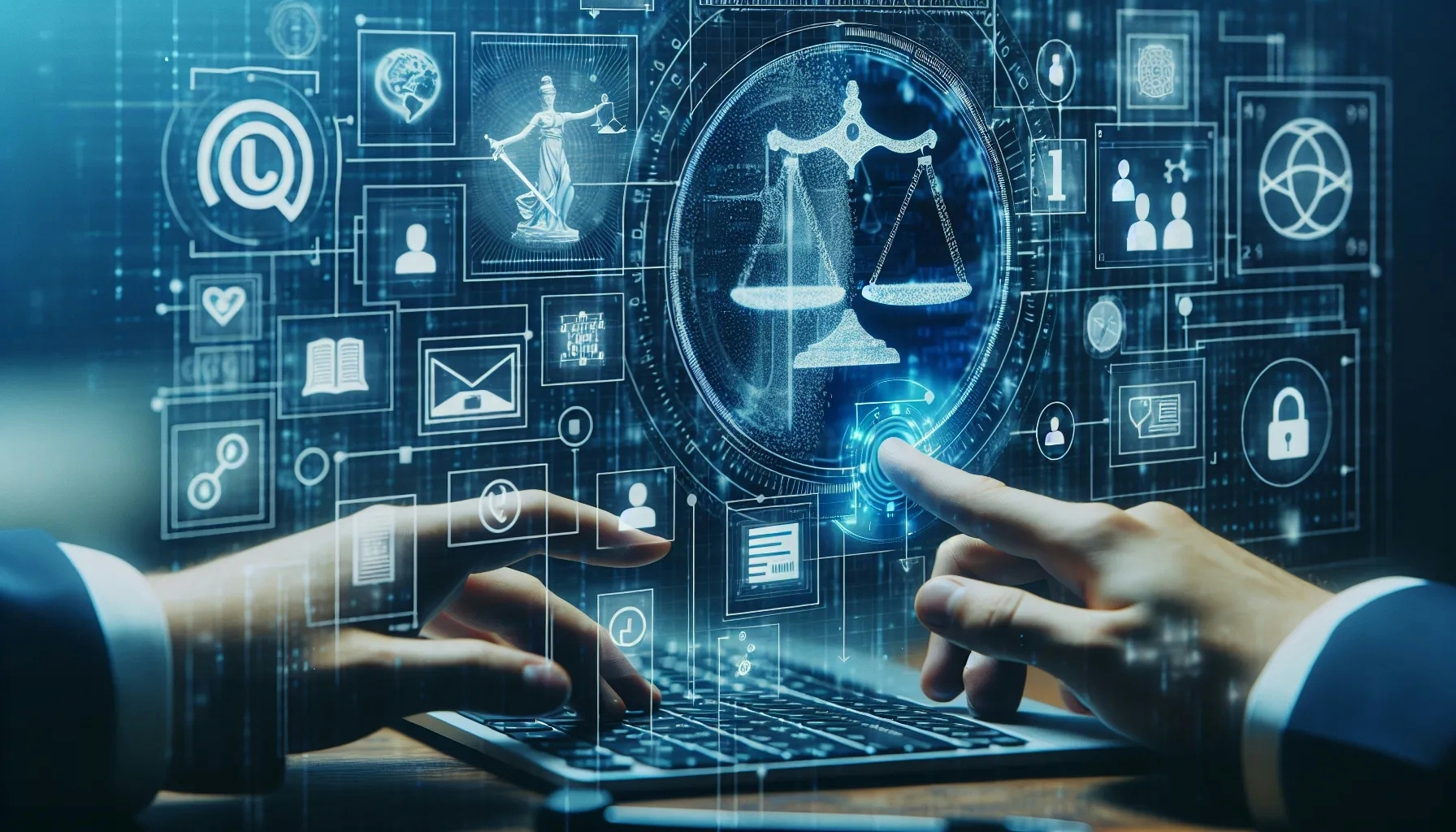How Technology is Revolutionizing the Legal Profession
Lawyer Magazine

The legal profession, traditionally seen as a bastion of conservatism, is undergoing a seismic shift. Technology is the catalyst, driving change at an unprecedented pace. This blog post explores how technology is revolutionizing the legal profession, transforming the way lawyers work, and reshaping the legal landscape. We delve into the various aspects of this transformation, from artificial intelligence to blockchain, and how they are redefining the practice of law.
Artificial Intelligence in Law
Artificial Intelligence (AI) is making significant inroads into the legal profession. Lawyers are now using AI to automate routine tasks, analyze legal documents, and predict legal outcomes. AI tools like ROSS and Legal Robot are helping lawyers sift through vast amounts of legal data, saving time and improving accuracy.
AI is also transforming legal research. Traditional legal research is time-consuming and labor-intensive. AI-powered legal research tools are changing this. They can analyze millions of legal documents in seconds, providing lawyers with relevant case law, statutes, and secondary sources. This not only speeds up the research process but also ensures that no important legal authority is overlooked.
Moreover, AI is revolutionizing legal analytics. It can predict the outcome of legal disputes, analyze the track record of judges, and provide insights into litigation trends. This allows lawyers to make data-driven decisions and provide better legal advice to their clients.
Blockchain and Smart Contracts
Blockchain technology is another game-changer for the legal profession. It is the underlying technology for cryptocurrencies like Bitcoin, but its potential extends far beyond that. One of the most promising applications of blockchain in law is smart contracts.
Smart contracts are self-executing contracts with the terms of the agreement directly written into code. They automatically execute and enforce themselves when certain conditions are met. This eliminates the need for intermediaries and reduces the risk of disputes.
Blockchain also provides a secure and transparent platform for recording and verifying transactions. This has significant implications for property law, where blockchain can be used to create a tamper-proof record of property rights. It can also be used in intellectual property law to track the use of copyrighted material and ensure fair compensation for creators.
Legal Tech and Access to Justice
Technology is not just changing the way lawyers work; it is also making legal services more accessible. Legal tech startups are leveraging technology to provide affordable legal services to those who cannot afford a lawyer. They are using AI, machine learning, and other technologies to automate legal processes and reduce the cost of legal services.
For instance, DoNotPay, a legal tech startup, has developed a chatbot that can help users fight parking tickets, claim flight delay compensation, and even sue people. This is just one example of how technology is democratizing access to justice.
Moreover, online dispute resolution platforms are providing an alternative to traditional litigation. They offer a fast, efficient, and cost-effective way to resolve disputes. This is particularly beneficial for small claims, where the cost of litigation often outweighs the value of the claim.
Cybersecurity and Data Privacy
As the legal profession becomes more digitized, cybersecurity and data privacy have become paramount. Law firms are attractive targets for cybercriminals due to the sensitive information they handle. This has led to a surge in cyberattacks against law firms, highlighting the need for robust cybersecurity measures.
Lawyers are also grappling with the complexities of data privacy laws. The advent of regulations like the General Data Protection Regulation (GDPR) in Europe and the California Consumer Privacy Act (CCPA) in the US has made data privacy a critical issue for businesses. Lawyers are playing a crucial role in helping businesses navigate these complex regulations and avoid hefty fines.
The Future of Legal Profession
The future of the legal profession will be shaped by technology. AI, blockchain, and other technologies will continue to transform the practice of law. Lawyers who embrace these technologies will be better equipped to serve their clients and stay competitive in the market.
However, this does not mean that lawyers will be replaced by machines. While technology can automate routine tasks, it cannot replicate the human touch that is essential in law. Lawyers will still be needed to provide strategic advice, negotiate deals, and advocate for their clients in court.
The role of lawyers will evolve. They will need to become more tech-savvy and adapt to the changing legal landscape. They will also need to develop new skills, such as data analysis and coding, to harness the power of technology.
The Challenges Ahead
Despite the many benefits, the adoption of technology in the legal profession is not without challenges. One of the biggest challenges is the lack of tech literacy among lawyers. Many lawyers are resistant to change and lack the skills to use technology effectively.
Data privacy and security are also major concerns. As law firms become more digitized, they become more vulnerable to cyberattacks. They need to invest in cybersecurity measures to protect their clients' data.
Moreover, there are ethical issues to consider. The use of AI and other technologies raises questions about accountability and bias. Lawyers need to ensure that these technologies are used in a way that is fair and respects the rule of law.
Embracing the Technological Revolution in Law
The legal profession is at a crossroads. Technology is revolutionizing the practice of law, offering new tools and opportunities. But it also presents challenges that need to be addressed. Lawyers need to embrace this technological revolution, adapt to the changing landscape, and harness the power of technology to better serve their clients. The future of the legal profession depends on it.